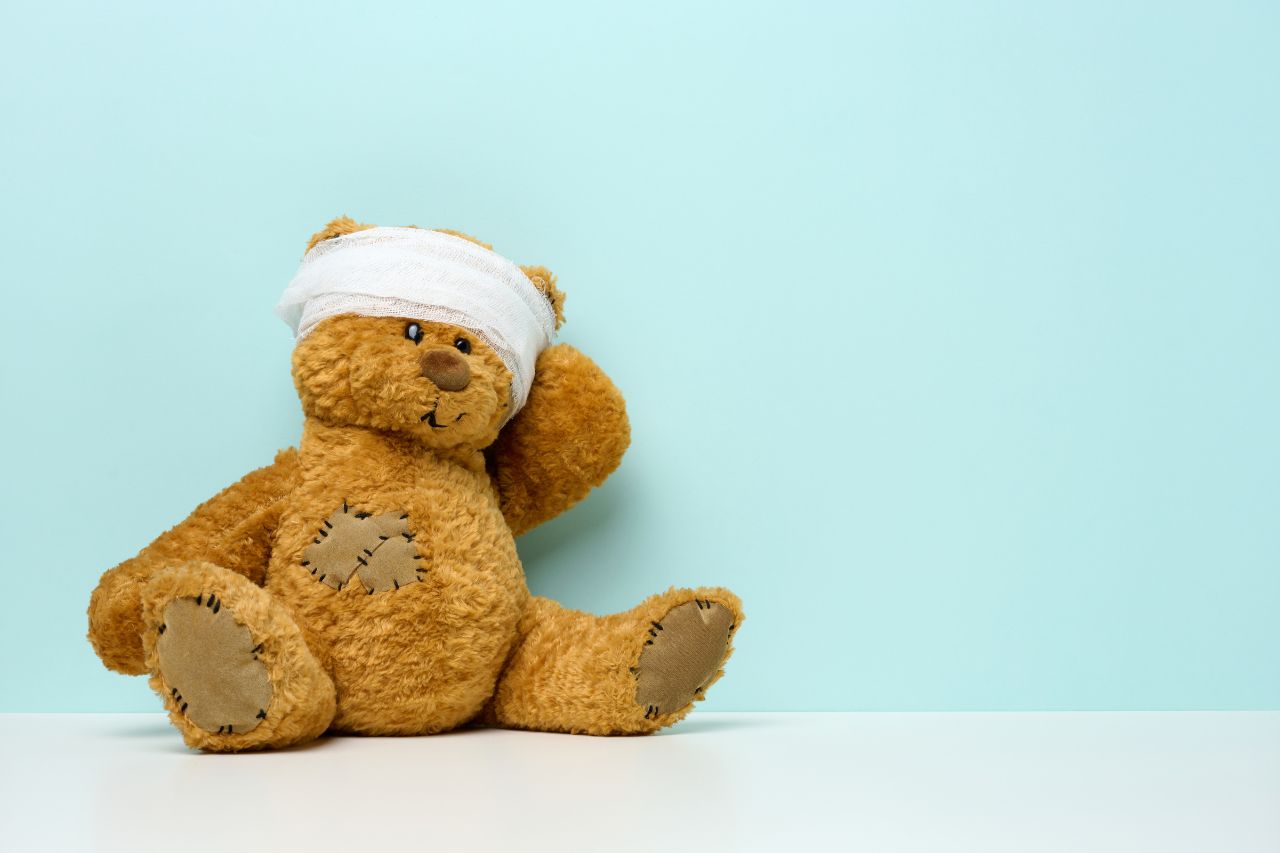Children in Singapore are generally healthy, but some infectious diseases are more common in our local environment. Knowing the signs and when to seek care can help parents respond quickly and prevent complications.
Here’s what every parent should know about Hand, Foot and Mouth Disease (HFMD), Dengue, and the seasonal Flu.
🤒 Hand, Foot and Mouth Disease (HFMD)
What is it?
HFMD is a viral illness common among young children, especially those under 5. It spreads easily in childcare centres, schools, and playgrounds.
Symptoms:
Fever
Painful mouth ulcers
Red spots or blisters on hands, feet, and buttocks
Loss of appetite, irritability
How it spreads:
Through saliva, mucus, or fluid from blisters. It’s highly contagious.
What to do:
Keep your child home until fully recovered
Offer plenty of fluids and soft foods
Monitor for dehydration or worsening symptoms
When to see a doctor:
If your child is unable to eat or drink, has a high fever for more than 3 days, or seems very lethargic.
🦟 Dengue Fever
What is it?
Dengue is a mosquito-borne illness caused by the Aedes mosquito, common in Singapore’s tropical climate. Children can be particularly vulnerable.
Symptoms:
Sudden high fever
Severe headache
Pain behind the eyes
Muscle and joint pain (“breakbone fever”)
Skin rash
Watch for:
Warning signs of Dengue Hemorrhagic Fever, such as vomiting, bleeding gums, or abdominal pain.
What to do:
Ensure your child rests and stays well-hydrated
Avoid aspirin or NSAIDs (e.g., ibuprofen), which can increase bleeding risk
Seek medical attention early
Prevention tips:
Use mosquito repellents
Wear protective clothing
Remove stagnant water around the home
🦠 Seasonal Influenza (Flu)
What is it?
The flu is a contagious respiratory illness caused by influenza viruses. It can spread rapidly in schools and preschools.
Symptoms:
Fever
Cough and sore throat
Body aches
Fatigue
Runny nose
Why it matters:
Flu can lead to complications like ear infections or pneumonia, especially in young children or those with chronic conditions.
What to do:
Keep your child home until at least 24 hours after fever subsides
Offer fluids and rest
Encourage good hygiene (handwashing, covering coughs)
Flu vaccine:
Recommended yearly for children aged 6 months and older, especially during flu season.
When to Seek Help
Always consult a doctor if your child:
Has persistent high fever
Is vomiting or refusing to eat/drink
Shows signs of dehydration (dry lips, sunken eyes)
Becomes unusually sleepy or unresponsive
Early intervention can prevent complications and reduce spread to others.
Singapore’s climate and lifestyle make certain illnesses more common in children. But with early recognition, good hygiene habits, and timely care, most kids recover well.




